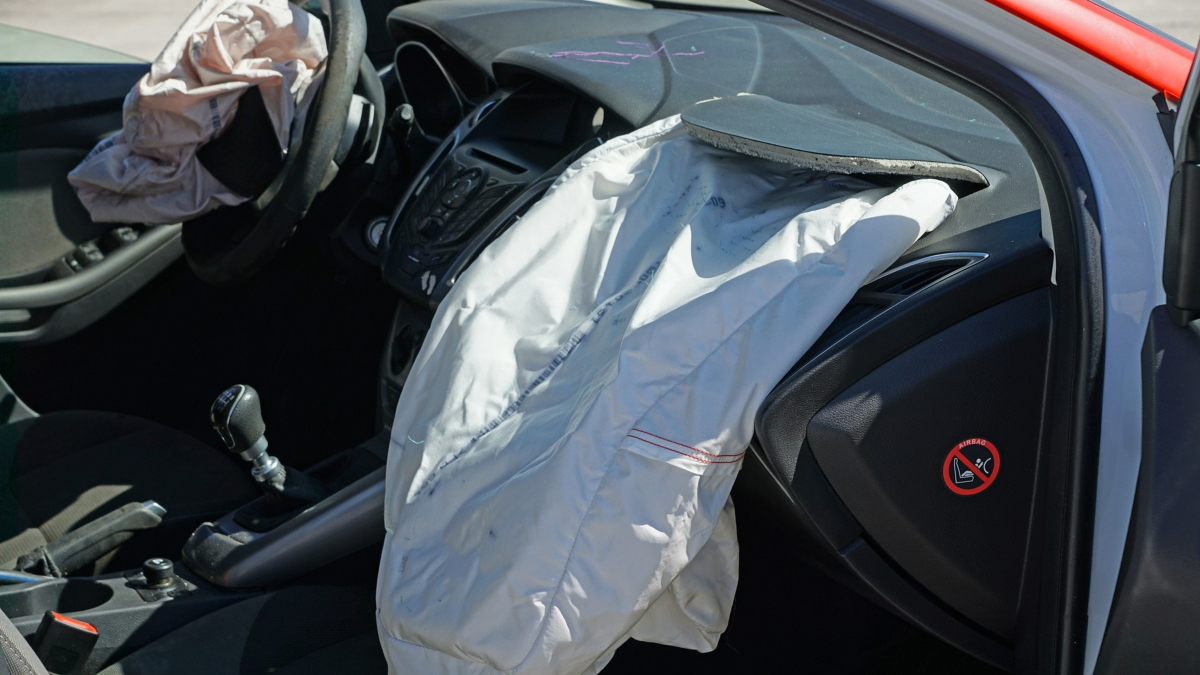In the past several decades, one of Japan’s first automobile safety innovators has become known as a mass producer of potentially dangerous airbags. At least thirty-four automobile, truck, and van manufacturers using Takata airbags were caught up in what became the world’s largest auto safety recall.
Takata: A History of Safety-Conscious Development and Trust Earned Over Time
Takata started in 1933 as a producer of parachute lifelines, then entered the seat belt market as it grew rapidly in the 1950s. They built Japan’s first crash-test facility for seat belt testing using real-world conditions. After bankruptcy, they continue as an auto and non-auto safety equipment provider.
A Messy and Confusing Blame and Recall Process
Takata became a worldwide leader in and dominant supplier of seat belt and airbag products. This dominance led to a high-stakes situation where both Takata and its dozens of major customers were exposed to the risk of recall if products were proven defective. In one case, Takata seat belt problems were initially blamed on external causes including mishandling by users. The U.S. government eventually determined that strong sunlight in southern U.S. regions was weakening the ABS plastic in buckle mechanisms.
Takata airbag problems were initially thought to be caused by environmental moisture effects on the propellant. Eventually, the discovery of both manufacturing and production documentation faults at their Mexican plant led to tens of millions of airbag and vehicle recalls from dozens of manufacturers and governments across the globe. There were at least 24 deaths and hundreds of injuries as of 2018.
Where Things Stand Today with Takata Airbags
Overcome by endless lawsuits and compensation demands, Takata filed for bankruptcy in 2017. It now operates as Joyson Safety Systems, a Michigan-based subsidiary of a Chinese firm.
Are Other Airbag Sources Trustworthy?
In the last decade, the U.S. National Highway Traffic Safety Administration has investigated problems with approximately 12.3 million ZF-TRW airbags for failure to deploy in accidents and related problems. In these cases, the problem may be with crash sensors rather than airbag inflation mechanisms. Generally, the complexity and demanding technologies involved in airbags have led to a number of problems and recalls of products made by multiple manufacturers.


